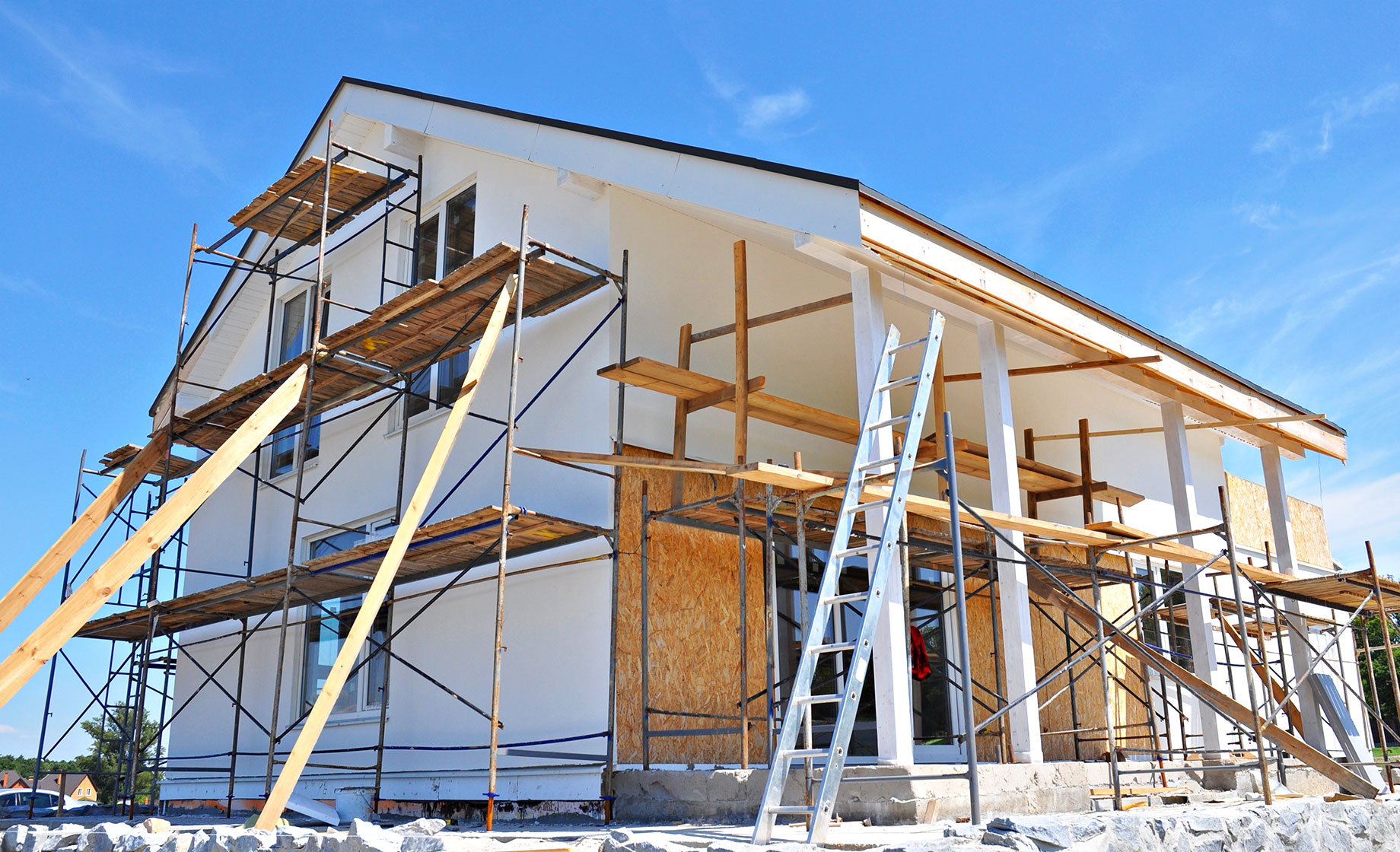
Purchasing a fixer upper can be an attractive option for investors, developers, and homeowners seeking value and creative control. These properties often come with a lower initial price point and the potential to significantly increase equity through renovations and improvements. However, buying a fixer upper requires careful consideration and a strategic approach to avoid costly surprises and ensure a successful turnaround. Understanding the complexities involved in such acquisitions is essential for professionals advising clients or managing projects in this niche segment of the real estate market.
Evaluating the Property Beyond the Surface
The first and most crucial step in buying a fixer upper is conducting a thorough evaluation of the property’s physical condition and underlying issues. Surface-level inspections may reveal cosmetic defects such as peeling paint or outdated fixtures, but a deeper examination must identify structural concerns, electrical and plumbing system integrity, roofing condition, and potential environmental hazards like mold or asbestos. Engaging qualified inspectors and contractors early in the process helps uncover these critical details and informs an accurate renovation budget.
Financial analysis should extend beyond the purchase price to encompass anticipated repair costs, financing terms, and potential resale value. Renovation budgets should include contingencies for unforeseen issues, which are common in older or neglected properties. It’s also important to factor in holding costs, such as property taxes, insurance, and utilities during the renovation period, to maintain a realistic overall investment outlook.
Regulatory and Zoning Considerations
Navigating local regulations and zoning laws is an often overlooked but vital aspect of buying a fixer upper. Renovation plans must comply with building codes, permit requirements, and any neighborhood restrictions or homeowners’ association covenants. Understanding these parameters before purchase helps avoid costly delays and legal complications.
Certain upgrades or expansions may be limited by setback rules, height restrictions, or historic preservation guidelines, particularly in older districts. Collaborating with local authorities and planning professionals ensures that proposed renovations are feasible within the legal framework, and can provide early clarity on potential challenges or opportunities, such as available incentives for historic restoration or energy-efficient upgrades.
Incorporating Outdoor Enhancements and Pools
Outdoor living spaces have become a priority for many buyers, and investing in landscaping, patios, or custom swimming pools can enhance both enjoyment and resale value. When considering pool installations in fixer uppers, it is essential to evaluate site conditions, safety regulations, and maintenance requirements. Custom swimming pools designed to complement the property’s style and usage patterns can elevate the overall appeal, particularly in climates where outdoor recreation is year-round.
However, pools also represent a significant investment and ongoing expense, so buyers should weigh the benefits against potential market demand and neighborhood norms. A thoughtfully integrated pool can differentiate a property, but it must be balanced with the broader renovation budget and long-term management considerations.
Market Timing and Exit Strategies
For investors and developers, timing is a crucial factor. Market conditions can influence both acquisition costs and potential resale value. Monitoring local trends, buyer demand, and economic indicators enables better decision-making regarding when to purchase and when to sell.
Exit strategies may include flipping the property quickly after renovation, holding it as a rental asset, or incorporating it into a larger development portfolio. Each approach requires different renovation scopes and financial planning. Clear goals established at the outset ensure that the renovation aligns with desired outcomes, whether maximizing short-term profit or long-term asset growth.
Conclusion: Informed Decisions Drive Success
Buying a fixer upper can unlock significant value and creative opportunity, but it demands careful due diligence, strategic planning, and expert collaboration. By thoroughly assessing property conditions, understanding regulatory constraints, aligning renovations with market demand, and managing financial and operational risks, buyers position themselves for successful transformations.
Incorporating well-considered outdoor enhancements, including custom swimming pools where appropriate, adds another dimension to property appeal. For professionals advising clients or managing projects, fostering a comprehensive, informed approach is the key to turning fixer uppers into profitable and satisfying investments.